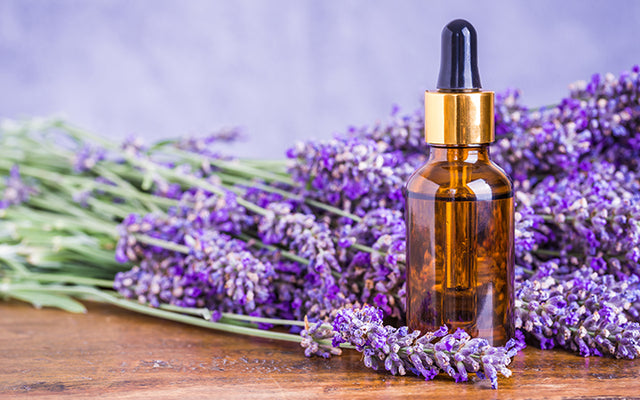Mullein, also known as Verbascum thapsus, is a biennial plant that is native to Europe, Asia, and North Africa but can now be found in various regions of the world. The plant has been used for centuries in traditional medicine for its various health benefits. One of the most common forms of mullein used in traditional medicine is mullein leaf powder.
Mullein leaf powder is made by drying and grinding the leaves of the mullein plant. The powder is commonly used as a natural remedy for respiratory ailments, such as asthma, bronchitis, and coughs. It is also believed to have anti-inflammatory, antioxidant, and analgesic properties, making it a versatile herb for treating a range of conditions.
One of the most well-known uses of mullein leaf powder is for respiratory issues. The herb is believed to help relieve congestion in the lungs, making it easier to breathe. It is also believed to have a soothing effect on the bronchial tubes, reducing inflammation and spasms that can cause coughing. Many people who suffer from asthma or chronic bronchitis use mullein leaf powder as a natural remedy to manage their symptoms.
Mullein leaf powder is also believed to have antibacterial and antiviral properties, making it a useful herb for fighting infections. It is believed to help boost the immune system, making it easier for the body to fight off illnesses. Some people use mullein leaf powder as a natural remedy for colds and flu.
Another benefit of mullein leaf powder is its anti-inflammatory properties. The herb is believed to help reduce inflammation throughout the body, which can be beneficial for people who suffer from conditions such as arthritis and inflammatory bowel disease. The herb may also help reduce pain and swelling associated with these conditions.
Mullein leaf powder is also believed to have antioxidant properties. Antioxidants are substances that help protect the body from damage caused by free radicals, which are unstable molecules that can cause cell damage and lead to various diseases. By consuming mullein leaf powder, it is believed that the body can receive a boost of antioxidants, helping to protect against cell damage and promoting overall health.
One of the most convenient ways to use mullein leaf powder is by making it into a tea. Simply add a teaspoon of the powder to a cup of hot water, let it steep for a few minutes, and enjoy. The tea can be sweetened with honey or lemon to make it more palatable. Some people also use mullein leaf powder in capsule form, which is a more convenient way to take the herb.
While mullein leaf powder is generally considered safe for most people, it is always a good idea to talk to a healthcare provider before starting any new herbal remedies. The herb may interact with certain medications, and some people may be allergic to it.
In conclusion, mullein leaf powder is a versatile herb with a range of health benefits. Its use in traditional medicine dates back centuries, and it continues to be a popular natural remedy for respiratory issues, infections,

 The Benefits of Lavender Oil
The Benefits of Lavender Oil


